In an era where efficiency and precision are paramount, the debate between using a digital timer and a mechanical timer has become increasingly significant. Both types of timers are crucial in various applications, from household appliances to industrial machinery, serving the primary function of tracking and managing time effectively. A digital timer offers advanced features and accuracy, making it a popular choice for modern needs. Conversely, the mechanical timer, with its traditional design, appeals to those seeking reliability and simplicity. Understanding the distinctions between these timers and their impact on energy efficiency and operational convenience is vital for making an informed decision.
Overview of Mechanical Timers
Mechanical timers, often referred to as analog timers, utilize mechanical components to measure time. These devices typically feature moving parts that operate a switch, turning the timer on or off once the set duration elapses. To adjust a mechanical timer, users manually set it using a dial or pointer, visually aligning it with a scale or dial. Most mechanical timers can be set for time intervals up to 24 hours, though their accuracy may vary between models.
Key Features
Mechanical timers are characterized by their simplicity and durability. They function using a variety of mechanisms:
- Clock Timers: These use internal or external clockwork to open and close a circuit at set times.
- Spring-driven Timers: These utilize a spring and trip lever to generate mechanical action.
- Dashpot Timers: These timers control the flow of air or hydraulic fluid, adjusting the timing through varying orifice sizes.
Mechanical timers do not require electrical power for operation, making them suitable for long-term storage and use in areas without access to power. They are available in several forms, including wall-mounted and plug-in configurations, which cater to different installation needs.
Advantages and Disadvantages
Advantages:
- Cost-Effectiveness: Mechanical timers are generally more affordable than digital timers, making them a viable option for budget-conscious users.
- Durability: The simplicity of the mechanical design contributes to their robustness and longevity.
- Independence from Electrical Power: Some mechanical timers operate purely mechanically, making them ideal for locations without electrical power.
Disadvantages:
- Maintenance Needs: Mechanical parts may wear out over time, necessitating periodic maintenance such as cleaning, which incurs additional costs.
- Limited Features: Compared to digital timers, mechanical timers often lack precision and convenience features. They are best suited for simple tasks that do not require exact timing, such as turning lights on or off at regular intervals.
Mechanical timers remain a reliable choice for various applications, including controlling lights, appliances, and industrial equipment. Despite the advent of more sophisticated digital timers, their simplicity, cost-effectiveness, and reliability make them a worthwhile consideration for specific needs.
Overview of Digital Timers
Digital timers, often referred to as digital timer switches or electronic timers, embody advanced technology that enhances their functionality and adaptability across various applications. These devices leverage electronic components, microprocessors, and digital displays, facilitating high precision and accuracy in time management.
Key Features
Digital timers are programmable and can be set to operate on multiple cycles over a period, making them highly versatile and suitable for a broad range of uses. They typically feature intuitive interfaces with LCD displays and buttons, allowing users to set precise time intervals easily. Many models are equipped with advanced functions like password protection, light sensors, and connectivity options for remote control via mobile devices. This adaptability makes digital timers an integral part of modern automated systems, used extensively in home automation, industrial processes, and energy management.
Advantages and Disadvantages
Advantages:
- Precision and Versatility: Digital timers provide exceptional accuracy, thanks to their electronic nature and the use of quartz crystal oscillators for timekeeping. Their programmable nature allows for complex scheduling, suitable for various applications from security measures in homes to controlling industrial machinery.
- Energy Efficiency: By allowing precise control over the operation of appliances, digital timers can significantly reduce energy consumption, contributing to more sustainable energy management.
- Ease of Use: The user-friendly digital interfaces and pre-programmed settings simplify the setup process, even for complex timing tasks.
Disadvantages:
- Higher Cost: The sophisticated technology and advanced features of digital timers make them more expensive than mechanical timers.
- Dependence on Electricity: Digital timers require a continuous power supply to function. Power outages can disrupt their programming, necessitating a reset, although many models come with battery backups to mitigate this issue.
Digital timers stand out for their advanced features and adaptability, making them suitable for a wide array of applications that require precise timing and flexibility. Despite their higher cost and reliance on electrical power, their benefits often outweigh these limitations, particularly in settings where accuracy and functionality are critical.
Comparative Analysis
Ease of Use
Mechanical timers, with their straightforward design featuring simple dials and switches, are familiar and easy to handle, making them a preferred choice for those who value simplicity. Users can adjust these timers by setting a knob or pointer to the desired time and pressing a start/stop button. In contrast, digital timers involve a more complex setup process, often requiring navigation through menus on an LCD display or pressing multiple buttons in sequence to program the device. This can be time-consuming and may pose a challenge for users not accustomed to digital interfaces.
Precision and Flexibility
Digital timers offer significant advantages in terms of precision and flexibility. They are equipped with programmable timetables that allow for detailed control over processes, and can be set with specific days of the week, making them ideal for applications requiring meticulous scheduling. Mechanical timers, on the other hand, provide basic functionality and are best suited for tasks that do not demand precise timing. Their design limits them to simpler operations, such as turning lights on and off at set intervals.
Maintenance and Durability
Mechanical timers are known for their durability due to the simplicity of their components. However, these parts can wear over time and may require periodic maintenance such as cleaning, which incurs additional costs. Digital timers, being electronic, do not have mechanical parts that wear out, thus requiring less maintenance. This makes digital timers a more cost-effective option in the long run, despite their higher initial purchase price.
Power Consumption
When it comes to power consumption, mechanical timers are generally more energy-efficient, consuming about 1 watt per hour. This is beneficial in energy-savvy situations where minimizing power usage is crucial. Digital timers, however, typically consume around 2 watts per hour due to their more complex electronic components. Although they require a continuous power supply and may need to be connected to an electrical outlet or equipped with a battery, the added functionality and control they offer can justify the higher energy use in many scenarios.



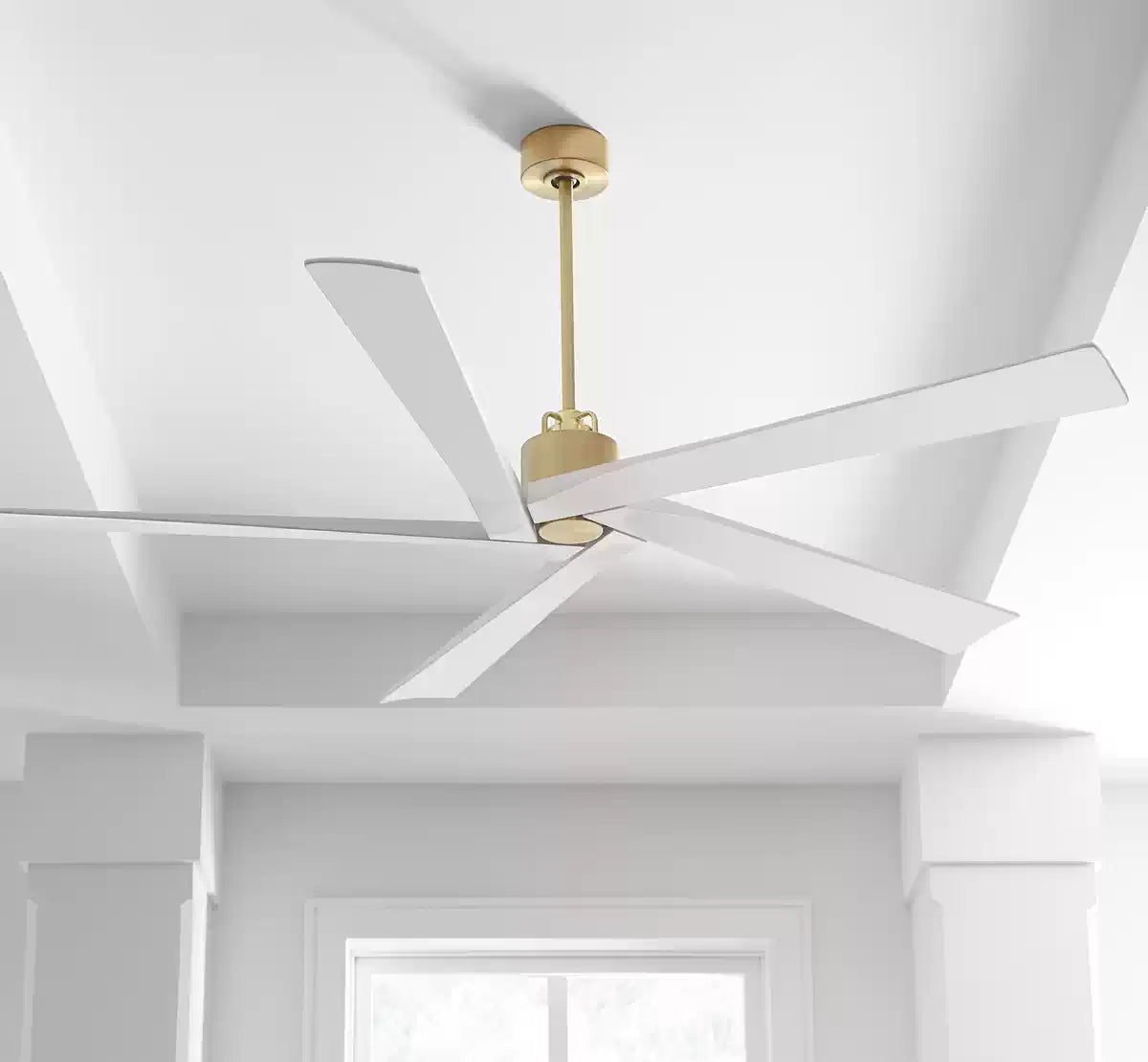
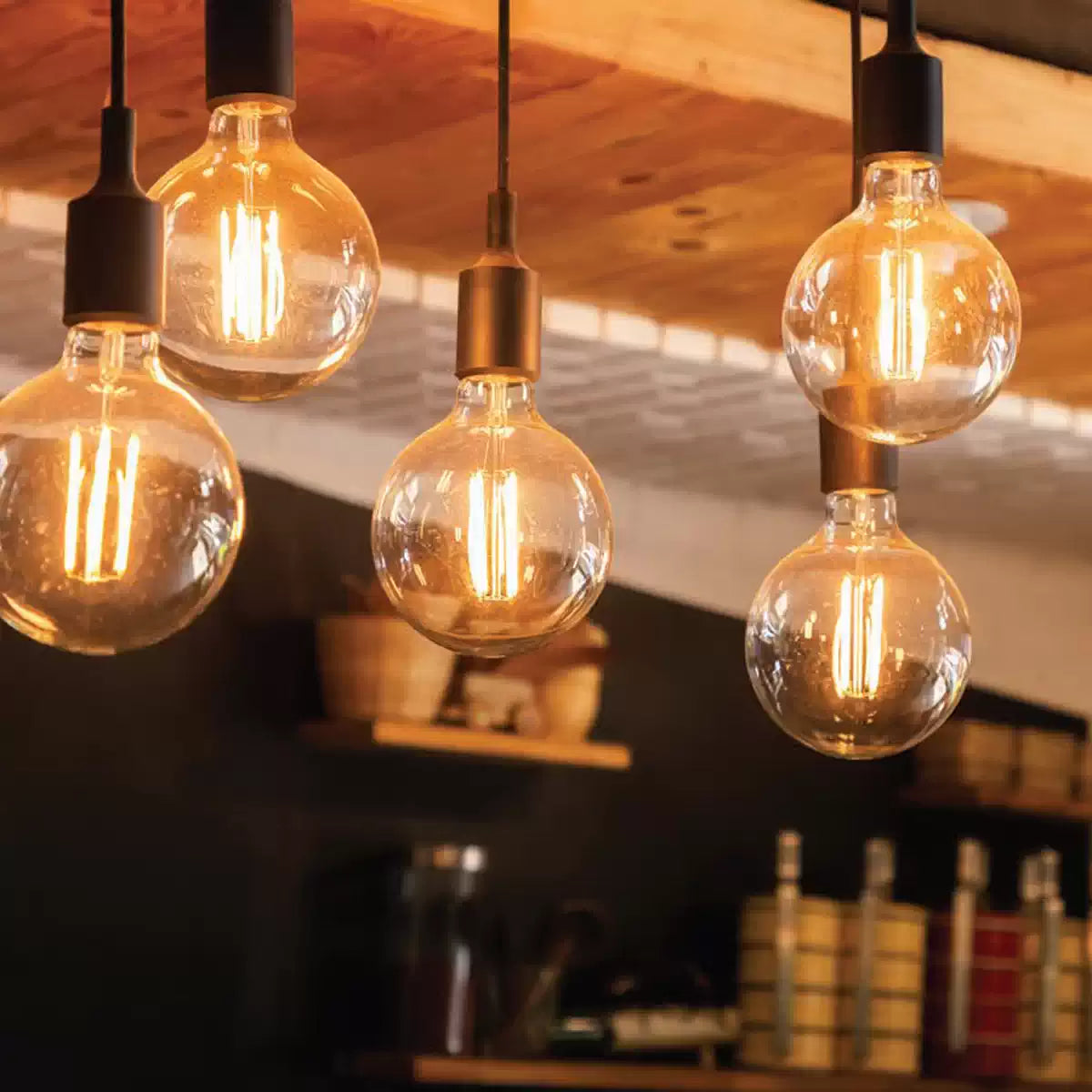
























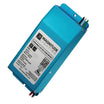










































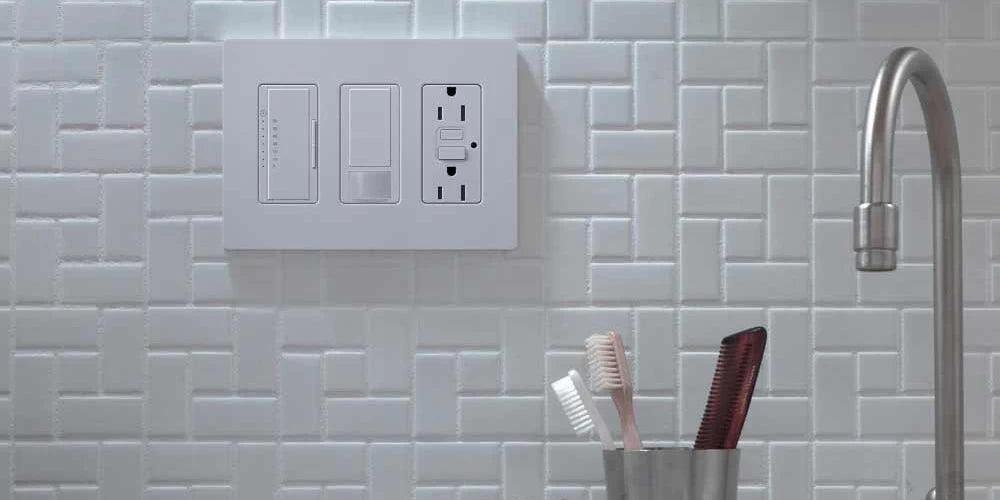
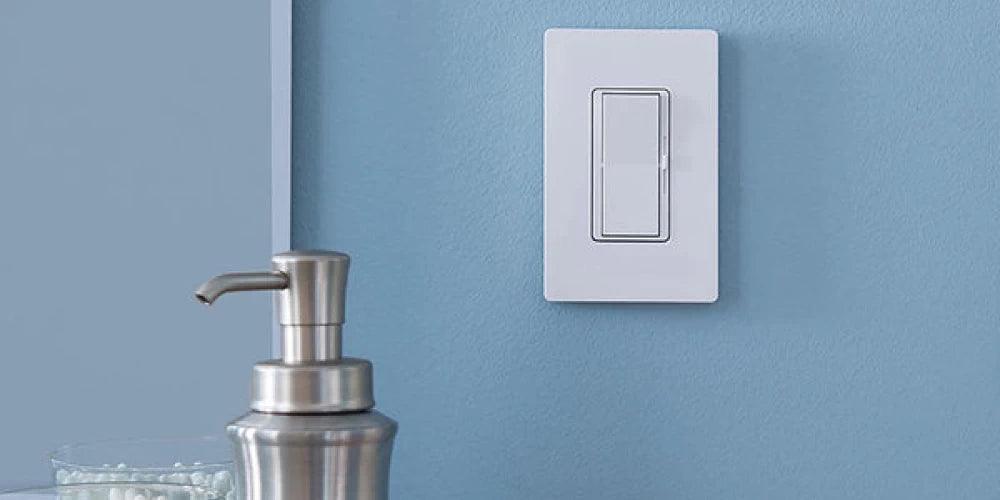
Leave a comment
All comments are moderated before being published.
This site is protected by hCaptcha and the hCaptcha Privacy Policy and Terms of Service apply.